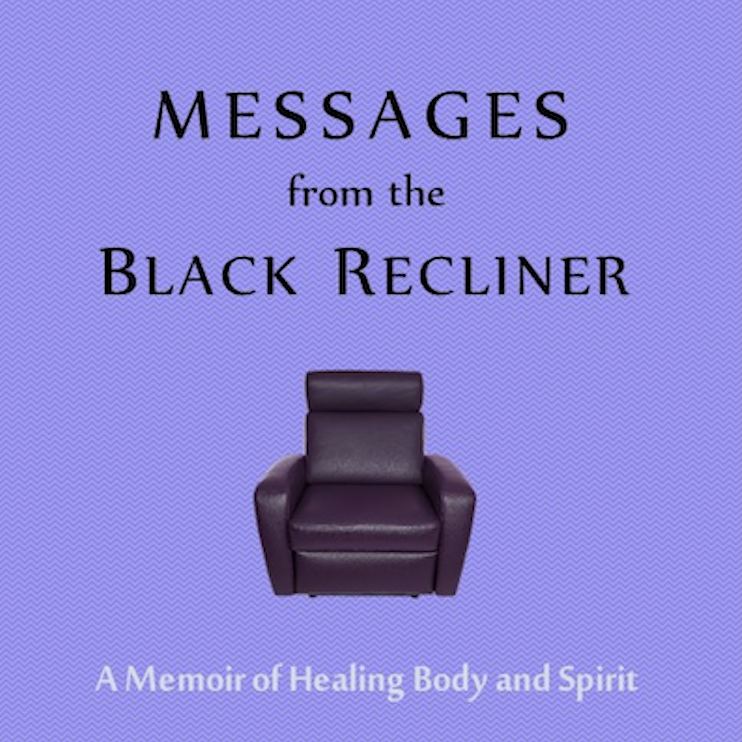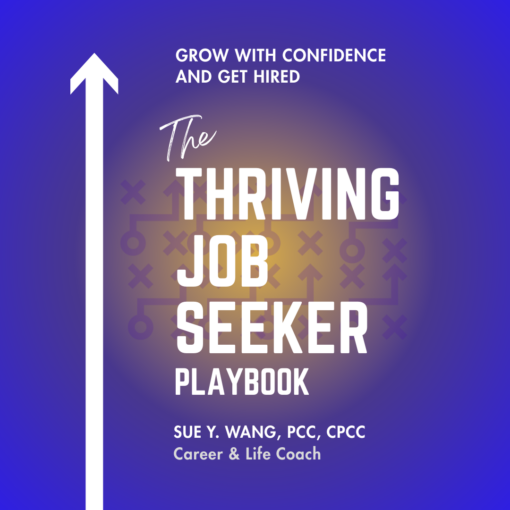A Must Tool for Self Care
…is asking for a plan and/or having one. Help yourself help others; help others help you.
On a beautiful fall day, I walk with J. We hug when we meet up on the street. She feels tight.
J fixes the sunglasses on her face, “My friend is traveling and leaving some luggage with me. She and her husband live on a boat and they stay with people all the time.”
Sounds nice.
“She didn’t ask me, but she’ll probably stay with me for 4 days when she picks up her bags.”
What?
“I love this friend. I’m anxious. I don’t know if I need to change my work schedule, what she plans to do during these 4 days? So…I went out and hacked at the bush that needed trimming.”
An equation pops into my head.
Feeling imposed upon + wanting to please and help + unacknowledged by the imposer =
Feeling out of control + worrying+ lurking resentment = A tightened body
I know this equation because it happens to me too. I was raised to be an accommodating sister and daughter – from there I become a “responsible” friend, colleague, employee.
In the conversation with J, I remember a blow-up and subsequent liberation by asking an imposer about a plan after her 6-month stay at my home.
It would have been better if at the outset I’d talked with her about goals, timing, and what she needed from me. Instead, we glazed over the subject and I let the frustration build up within, and around her.
Asking for a plan gives way to negotiation on both sides; it begins a dialogue. We react, communicate needs, and change the dynamic from you-me to us. There is an opportunity to take care of both sides. Because, most of the time, we want to help. We just need to come from a place of being in control of our lives.
Take a deep breath before you broach the subject. Get to an inner place of wanting to support and problem-solve. The energy of your request would come out neutral instead of confrontational.
When we have tools to work with others, we can let go, be free and open to what they bring.
The flip side. When you ask for help and might impose on someone, be mindful. Share your plan: what you require and why, a timeline; and if the plan doesn’t work as expected, how you’d take care of the outcome and keep communicating.
It can be hard to ask for assistance, but family and friends care. Make it easy for them to help you so you get what you need. 🙂
Another perspective on speaking up and assertiveness (step by step):
http://www.pioneerthinking.com/ej_assertive.html






4 Responses
Perhaps I am too blunt, or too self-reliant. I would never impose in such a manner on a friend, nor expect to be treated without more consideration. But should I face such a situation in the future, it is nice to have these tools ready to reflect and keep the path of communication open.
Indeed we learn over time to work with people. Some are more seasoned than others, which I admire. I think about the upcoming holidays -they will surely bring interactions that would cause some reflection or pondering.
Great article ! I tend to be the one offering assistance a habit from the old paradigm. The new energy and paradigm we are stepping into is one of allowance yet also has need of boundaries – your explanation provides both and is simple – to the point. I love it!
Thank you, D! We walk together in this lifetime. Sharing what works helps everyone. My friend’s experience reminded me of the trap I was in, and I remembered what was figured out.
Comments are closed.